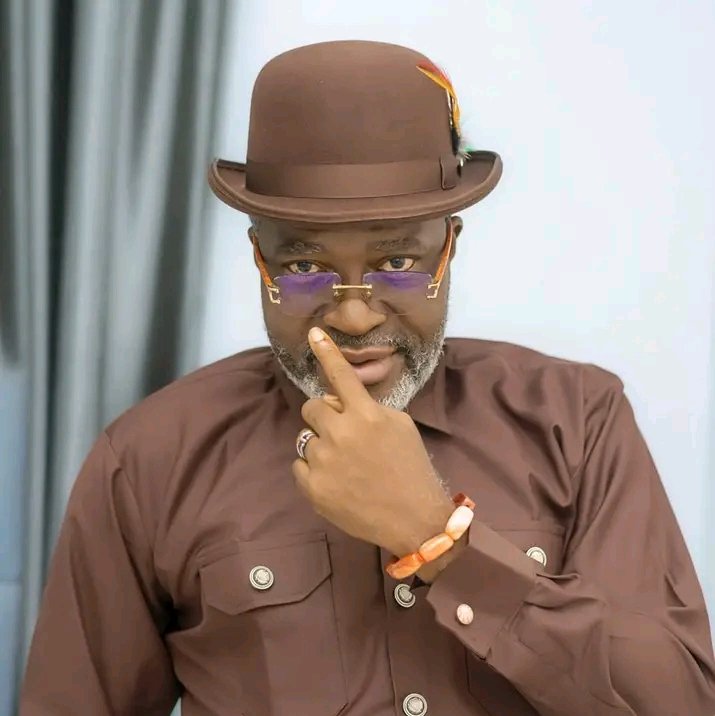Veteran Nollywood actor Kanayo O. Kanayo has voiced his displeasure over the increasing number of police and military checkpoints along the Enugu-Onitsha road in Southeast Nigeria. His remarks, delivered through a public statement, question the current status of the Southeast region within the Nigerian federation and highlight the daily struggles travelers face due to the overwhelming security presence.
“Is the Southeast still part of the Federal Republic of Nigeria?” Kanayo asked pointedly. “Have you ever counted the number of police and army checkpoints on the Enugu-Onitsha Road? The humiliation and extortion are too much,” he lamented, reflecting the frustration of many residents in the region.
The Southeast, a crucial economic and cultural hub in Nigeria, has been subject to increased security measures in recent years, with authorities citing the need to maintain law and order due to rising insecurity and separatist movements. However, the excessive number of checkpoints, particularly along key routes such as the Enugu-Onitsha road, has sparked widespread outrage. Many travelers recount instances of extortion, where they are forced to pay bribes to pass through checkpoints, and humiliating treatment from security personnel.
Kanayo’s outburst comes at a time when civil society groups and local communities have raised similar concerns, urging the Nigerian government to address the conduct of security forces in the region. Numerous reports indicate that travelers often face hours of delay due to repeated stops at the checkpoints, in addition to the financial burden imposed by demands for unofficial payments.
While security forces argue that the measures are essential to curb the activities of criminal elements and insurgents in the region, critics argue that the current approach is counterproductive. They claim that it alienates the local population, creates distrust between citizens and the government, and contributes to the marginalization of the Southeast. Many observers have also pointed out that the disproportionate number of checkpoints in the region compared to other parts of Nigeria suggests unequal treatment.
Kanayo O. Kanayo, a highly respected figure in Nigeria’s entertainment industry, has now added his voice to the growing chorus of calls for reform. His comments have reignited a national debate on the balance between security and civil liberties, particularly in regions with heightened security concerns.
“The government must recognize that while security is paramount, the manner in which it is enforced must respect the dignity and rights of every citizen,” Kanayo urged. He called for an immediate review of the security arrangements in the Southeast, stressing that the humiliation and extortion faced by citizens are unacceptable in any democratic society.
The actor’s remarks have struck a chord with many Nigerians who believe that the Southeast is being unfairly targeted and subjected to harsher treatment than other regions. Public pressure is mounting for the federal government to intervene and ensure that security forces operate within the boundaries of the law, respecting the fundamental rights of citizens while maintaining public safety.
As the federal government remains silent on the matter, the issue of excessive checkpoints in the Southeast continues to be a point of contention. Many believe that resolving this issue requires a deeper dialogue about the region’s relationship with the central government and a commitment to fairness, justice, and transparency in the administration of security.
For now, Kanayo O. Kanayo’s statement serves as a powerful reminder of the ongoing struggles of Southeast Nigerians, highlighting the need for reforms that balance the need for security with the protection of human rights. The future of these checkpoints—and the public’s response to them—remains a critical issue in the broader discourse on governance and security in Nigeria.





